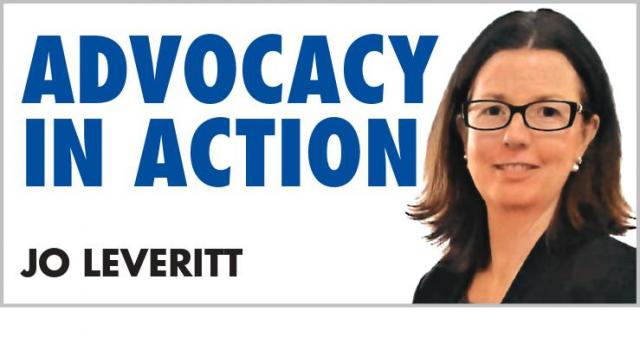Significant reforms to the National Disability Insurance Scheme (NDIS) took effect on 3 October 2024.
The government has presented these changes as the most substantial since the NDIS began, using political rhetoric about restoring the scheme to its original intent and ensuring the financial sustainability of the scheme.
This language aims to frame the reforms as both a return to core principles and a necessary fiscal measure.
However, there is a lack of clear operational details beneath this political messaging, which has led to widespread confusion and concern among participants, providers and stakeholders.
The key changes to the NDIS are significant and wide-ranging.
The NDIS will now only fund supports directly related to the impairments specified in a participant’s access request.
However, a finalised list of covered supports has yet to be made available.
New NDIS plans will include a total budget amount instead of individual line items, with participants accessing funds through funding periods, but the specifics of this system remain unclear.
Starting 1 January 2025, participants will receive impairment notices confirming their permanent disability or significant impairment.
Additionally, the NDIA will be able to request additional information or assessments and may revoke NDIS access if participants don’t comply within a ‘reasonable time’.
These changes collectively represent a significant shift in how the NDIS operates and how participants interact with the scheme.
The government’s approach of enacting broad legislative changes without providing detailed operational guidelines has created significant uncertainty.
Many crucial elements of the reforms, including the new assessment process and eligibility criteria, need clear implementation details.
The NDIA and the government urgently need to provide clear, concise, and authoritative information about these reforms.
As a lawyer with over 20 years of experience in administrative law, I find the complexity and ambiguity in these NDIS amendments unprecedented.
Despite a thorough examination of all related legislative instruments, I am left with more questions than answers.
The government must prioritise providing comprehensive, accessible information to ensure these reforms can be effectively and fairly implemented for all stakeholders in the NDIS ecosystem.






